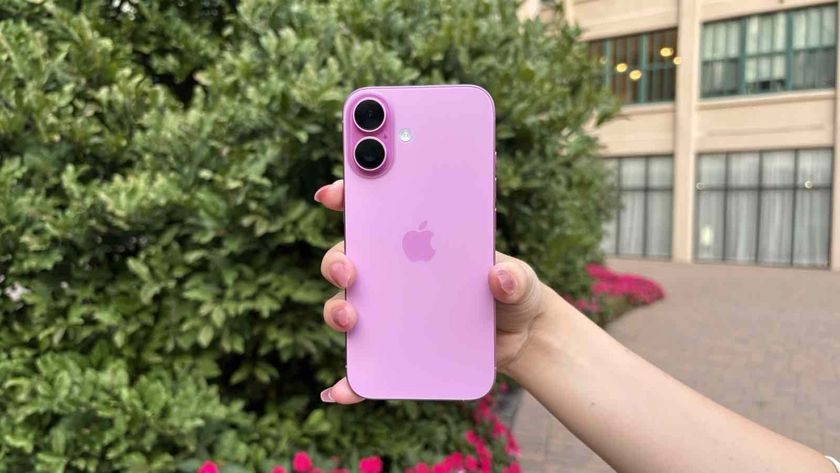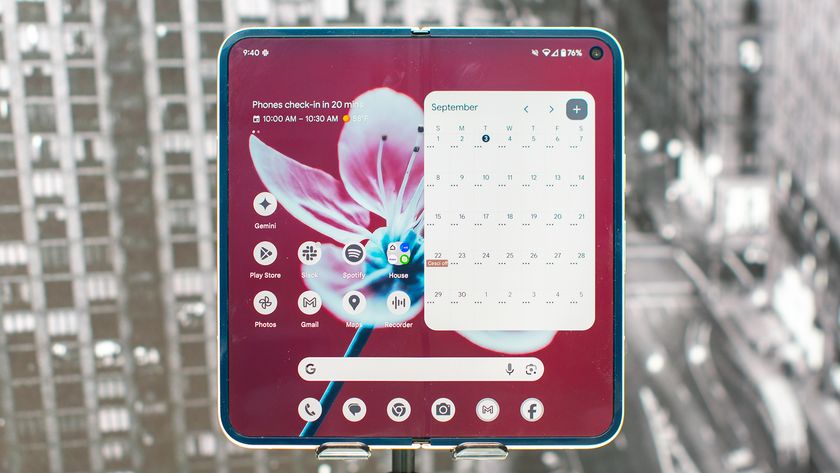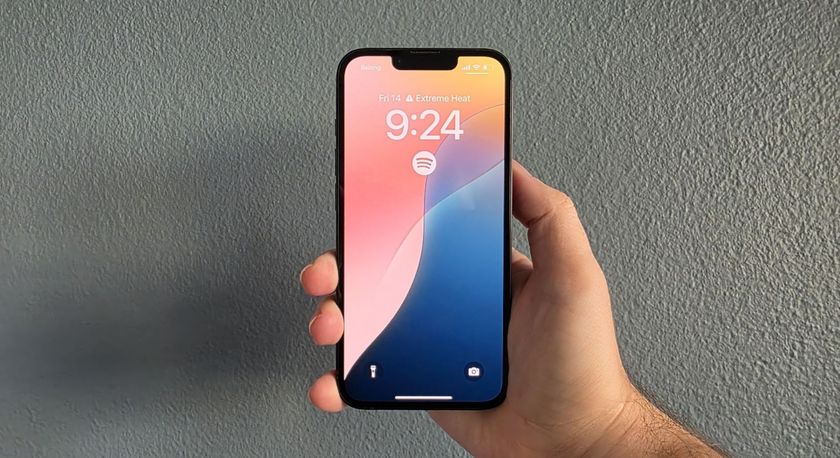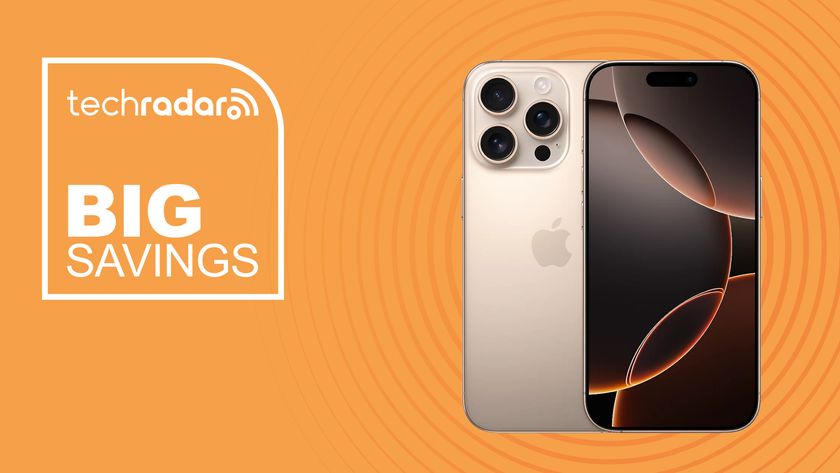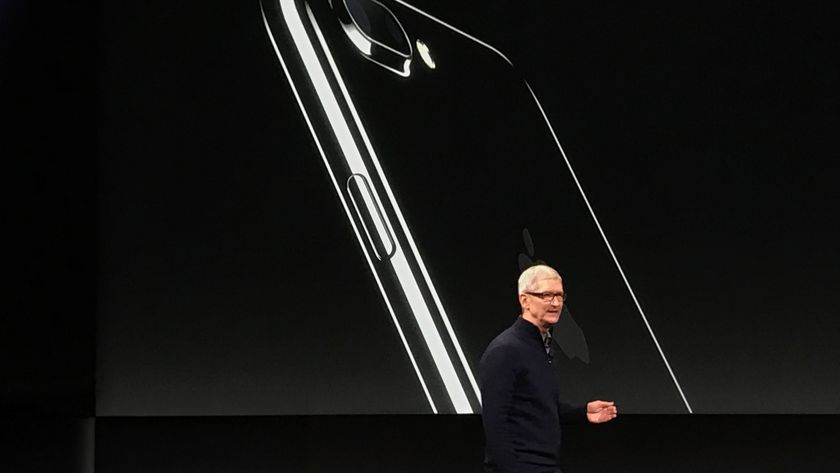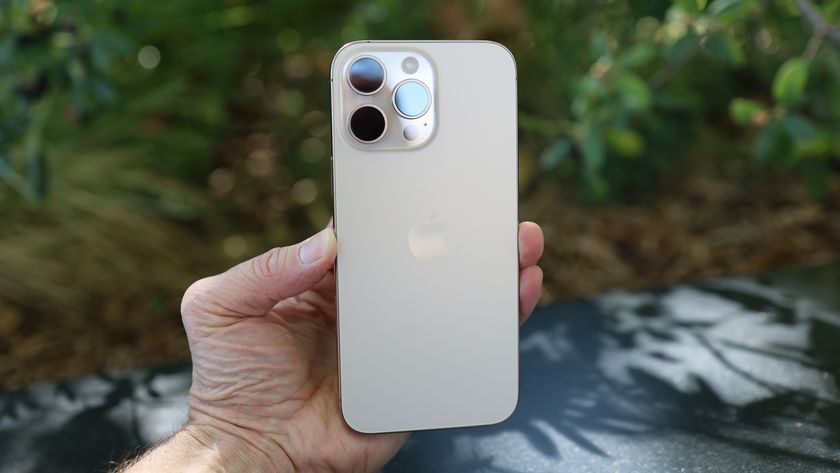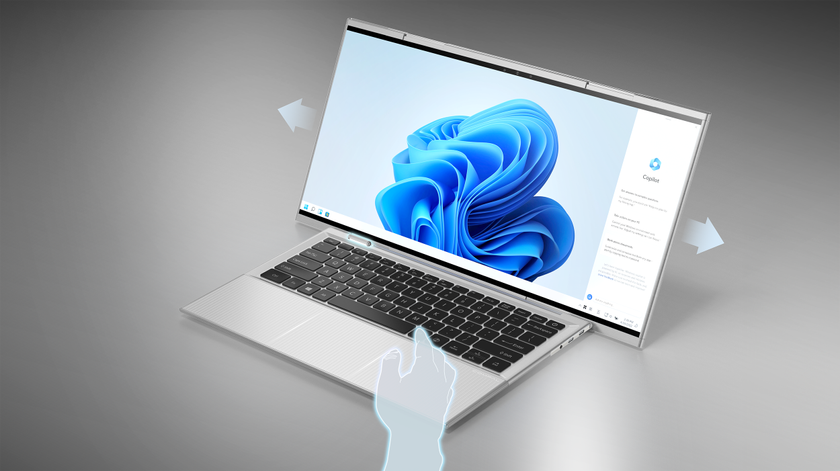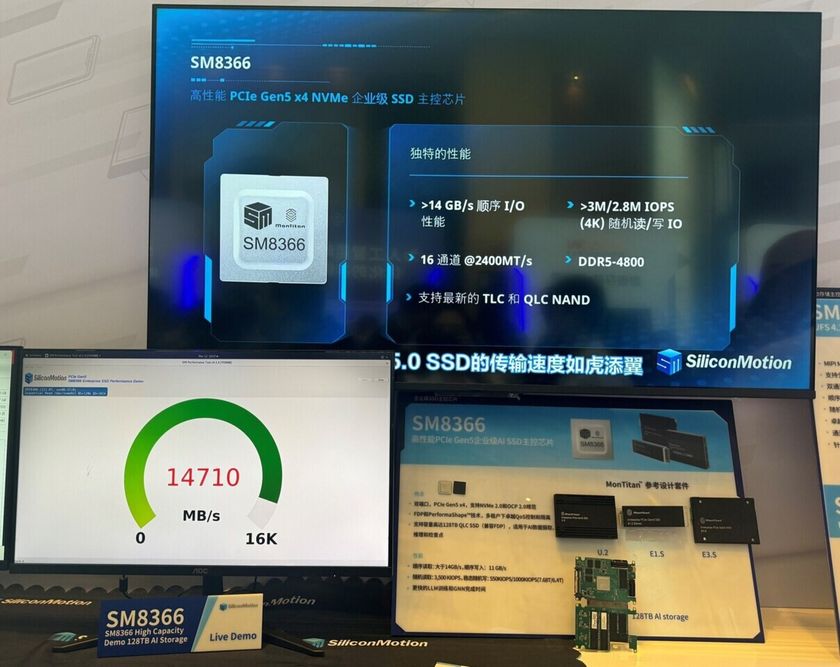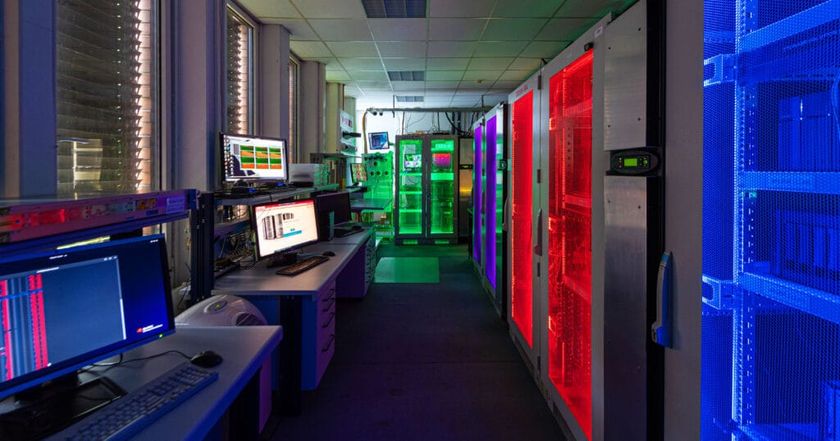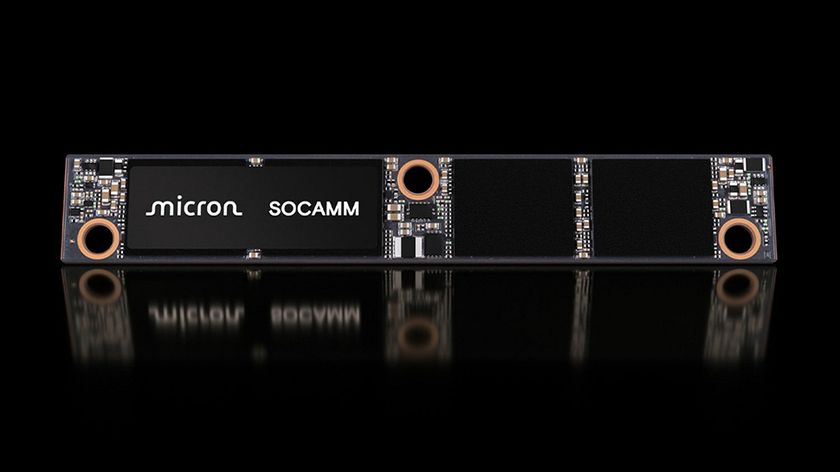The iPhone 11 Pro Max is another in a long line of confusing tech names
Opinion: it needs to stop
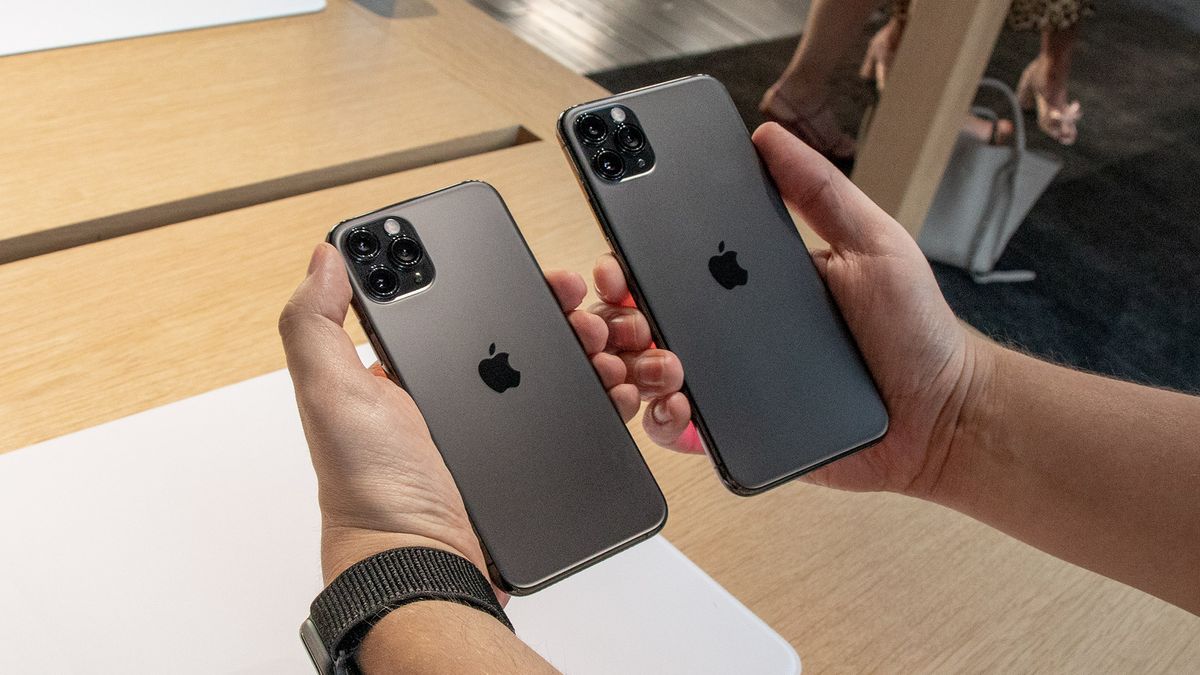
Hey tech industry, we need to sit down and have a talk. There are dozens of tech products that come out that can do genuinely amazing things, but the name is so obfuscated that a lot of everyday users have no idea what's going on.
Whether its the iPhone 11 Pro Max or Intel's confusing simultaneous launch of Ice Lake and Comet Lake Ultrabook processors, keeping up with the latest in tech is getting harder by the minute. Hell, it's literally my job to keep up with the latest in this industry, and I still get migraines whenever Intel puts out a processor with a name like "Intel Core i7-1068G7".
Product names in the tech industry are so messed up these days, in so many different ways, that I felt like it was time I got some complaints out of my system.

So what's the problem?
The way I look at things, generally speaking, is that if you're selling things to the general consumer who may not have the time to keep up with jargon, its best to make things accessible. Enterprise users and enthusiasts will know what they're looking for, but they only make up a small part of the marketplace.
I know that I just pointed at the iPhone 11 Pro Max as an example of naming gone wrong, and I'll get to that one, don't worry. However, I actually think Apple serves as a pretty good example of how you should name yearly products - at least when you look at the Mac.
When a new MacBook Pro comes out, we don't have to worry about some ridiculous name change. Instead it's just MacBook Pro (Mid-2019, 15-inch) - that's super easy to parse. If I want to pick up the latest MacBook Pro, I don't need to worry about looking through a thesaurus to figure out the right combination of words to type into Amazon, just pick up the latest year and I'm good to go.
Even the MacBook Air, which went through a pretty drastic transformation in October 2018, getting a thinner chassis and a Retina display, is just MacBook Air (Late 2018). I don't understand why something so simple is so rare in this industry.
Get daily insight, inspiration and deals in your inbox
Sign up for breaking news, reviews, opinion, top tech deals, and more.
It's something that I thought was going to be more common when the Surface Pro 2017 came out, dropping the '5' when following the Surface Pro 4. When Microsoft put the tablet out it said that it would put a number back on the Surface when the talented folks on the Surface design team made "meaningful changes" to the hardware.
Honestly, I was pretty much OK with the Surface Pro 2017 being called that, but then Microsoft released the Surface Pro 6 in 2018 without any meaningful changes, demonstrating that none of that mattered anyways.
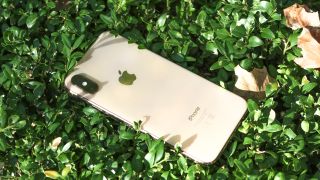
The problem with the iPhone 11 Pro Max
So, the iPhone 11. There's no doubt in my mind that millions of people are going to run out to buy the new phone - I honestly probably will too. However, the iPhone 11 is basically an iPhone XS without an OLED display, a better camera and a slightly faster processor, as its actually a followup to the iPhone XR. If you want the updated version of the iPhone XS, you want the iPhone 11 Pro, or the iPhone 11 Pro Max.
You'd think that with those exaggerated product names, there would be enough different with the new iPhone to justify it.
And, sure, you get the faster processor that makes it an iterative update - where calling it the iPhone 2019 would suffice - but you also get a triple camera system, instead of the dual lenses on the iPhone XS and XS Max. Apple did show off some very professional-looking footage on stage, but it did exactly the same thing last year.
And therein lies the problem.
A name like the iPhone 11 Pro Max sounds like a truly revolutionary piece of technology, but it's being given to an iterative product. Does Apple think it's a sequel to the iPhone 11 Pro or iPhone 11, or does Apple think this is just another annual refresh? If it's the latter, the name 'iPhone 2019' would be a lot more accurate.

And, then there's Intel
It's not like Apple is the only offender, however. No matter how silly the names for the next iPhone might be, there's one company that comes to mind more than any other when talking about confusing names, and that's Intel.
Intel launched 10th-generation Ice Lake, the first part of its future-gazing Project Athena, at Computex 2019, built on its 10nm manufacturing node. It promises better power efficiency and performance, along with Thunderbolt 3 and Wi-Fi 6 compatibility by default. Generally speaking, it's a promising platform. But, then Intel followed it up by launching 10th-generation Comet Lake, based on yet another iteration of Skylake.
Having two lines of laptop processors out at the same time would generally be enough to be confusing, but Intel took things a step further when naming the individual chips. For instance, the top-end Intel Ice Lake chip right now is the Core i7-1068G7, while the top-end Intel Comet Lake processor is the Core i7-10710U.
So a bit of background: when it comes to Intel Core processors for laptops in the mainstream, they typically come in three flavors: U, Y and H-series. The U-series is for your traditional Ultrabooks, like the Dell XPS 13, Y-series chips are meant for thin and light fanless devices like the newest MacBook Air and the H-Series are meant for high-performance, high-wattage mobile devices like gaming laptops. That means that you can look at the Intel Core i7-10710U and understand that it's a mainstream chip that you can get some work done with.
With the Intel Core i7-1068G7, you'll have to pull out your phone in Best Buy to see whether the processor in that laptop you're looking at is a full-power chip or a lightweight fanless chip.
Buying a new laptop is already a confusing experience for a lot of people, and Intel launching a bunch of new laptop chips with confusing names isn't exactly the most consumer-friendly move Team Blue could make. Like it or not, the laptop market isn't exactly built for the kind of enthusiasts that obsess over the latest hardware launches like the desktop market is.
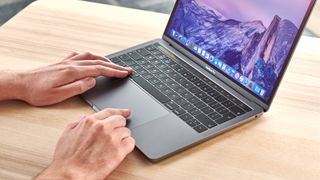
Be careful out there
At the end of the day, as tech companies keep launching products that are harder and harder to keep track of, it's going to be harder to make informed purchase decisions. And, because technology is getting more expensive - you'll have to drop $999 (£1,049, AU$1,749) for an iPhone 11 Pro with 64GB of storage - it's more important than ever to know what you're getting yourself into.
I really do wish tech companies would make it easier for people to parse what products are out there, and what exactly is different in new launches, but I honestly see things getting more confusing in the future.
So, before you buy that new laptop, or that new phone, do some research, read some reviews. Whether its here at TechRadar or at one of our many peers: we're only here to help.
Bill Thomas (Twitter) is TechRadar's computing editor. They are fat, queer and extremely online. Computers are the devil, but they just happen to be a satanist. If you need to know anything about computing components, PC gaming or the best laptop on the market, don't be afraid to drop them a line on Twitter or through email.
